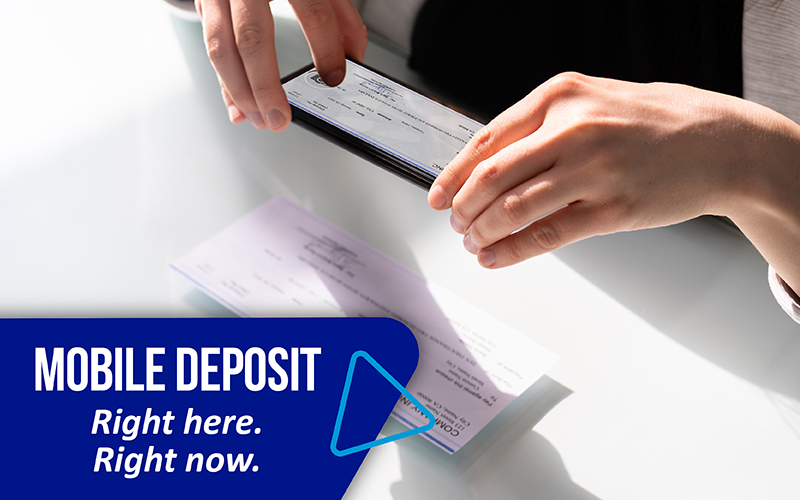Smart Ways to Budget for Your Next Trip
Picture this: you're scrolling through Instagram, seeing those amazing travel photos from friends, and thinking "I wish I could afford to travel like that." Here's the truth – you absolutely can, and it doesn't require a trust fund or winning the lottery.
The secret isn't earning more money; it's getting smarter about how you plan and spend on your adventures.
Most people think budgeting for travel means cutting corners and sacrificing fun, but that's completely backwards. When you budget smartly, you actually get MORE out of your trip because every dollar is working harder for you.
You'll stress less about money, make better choices, and come home with incredible memories instead of credit card debt. Whether you're dreaming of a weekend getaway or that month-long European adventure, the right budgeting strategies will turn those dreams into plane tickets.
Understanding Your Travel Goals
Before you start crunching numbers, you need to get crystal clear on what kind of trip will actually make you happy. Are you the type who wants to sip cocktails on a pristine beach, or would you rather backpack through mountain villages eating street food? Your travel style directly impacts your budget, and there's no point in saving money for the wrong kind of adventure.
Start by asking yourself some honest questions: What experiences matter most to you? Is it luxury accommodations, incredible food, adrenaline-pumping activities, or cultural immersion? Once you know your priorities, you can allocate your budget accordingly. For example, if you're a foodie, you might choose a budget hotel so you can splurge on amazing restaurants.
If Instagram-worthy photos are your goal, investing in that oceanview room might be worth eating simple meals. The key is matching your spending to your values, not someone else's idea of the "perfect" trip.
Pre-Trip Budget Planning
The biggest mistake travelers make is underestimating what their trip will actually cost. You think about flights and hotels, but then get blindsided by airport parking, travel insurance, new luggage, and that "I need vacation clothes" shopping spree. Smart budgeting means accounting for literally everything – even the stuff that happens before you leave your house.
Start by creating categories for every possible expense: transportation, accommodation, food, activities, shopping, tips, travel gear, and don't forget the dreaded "miscellaneous" category for those unexpected costs that always pop up. A good rule of thumb is to add 15-20% to whatever you initially calculate.
This isn't pessimism; it's realism. When you plan for extra expenses upfront, you're not stressed when they inevitably appear. Plus, if you don't spend it all, you come home with money left over – which feels amazing and funds your next adventure.
Research and Find Deals
The internet is basically a treasure hunt for travel deals, but only if you know where to look and when to pounce. Forget about browsing travel sites randomly and hoping for the best – successful deal hunters have systems.
Use flight comparison tools like Google Flights or Skyscanner, but here's the pro tip: clear your browser cookies between searches because some sites track your interest and gradually increase prices.
Timing is everything when it comes to booking. For domestic flights, Tuesday afternoons often have the best deals, while international flights are typically cheapest 6-8 weeks before departure. Set up price alerts so you don't have to obsessively check prices every day.
For accommodations, consider booking directly with hotels after finding deals on comparison sites – they'll often match the price and throw in perks like free breakfast or Wi-Fi upgrades. Remember, flexibility is your best friend; being open to traveling a day earlier or later can save you hundreds of dollars.
Saving on Accommodation
Your hotel room is probably where you'll spend the least amount of your waking hours, yet it's often the biggest chunk of your budget. Think about it – you're there to sleep and maybe take a shower, not to live in luxury for 16 hours a day. This is where you can make some serious savings without sacrificing the quality of your actual travel experience.
Consider alternatives that give you more bang for your buck: hostels aren't just for college students anymore (many have private rooms that cost less than budget hotels), vacation rentals can save money especially for longer stays, and house-sitting can be completely free if you're flexible with dates and destinations.
Location matters too – staying 10-15 minutes outside the main tourist area can cut your costs in half. Research the public transportation options before booking; sometimes that "cheaper" hotel becomes expensive when you factor in daily taxi rides to get anywhere interesting.
Entertainment and Activities
Here's where most travelers go completely overboard and blow their budget on overpriced tourist traps. But the best experiences often don't cost a fortune – sometimes they're completely free. Before you arrive, research what locals actually do for fun because that's where you'll find authentic experiences at realistic prices.
Every destination has free walking tours, public beaches, hiking trails, markets, festivals, and museums with free admission days. Many cities offer tourism cards that bundle attractions for significant savings if you plan to visit multiple paid sites. But here's the real secret: some of the most memorable travel moments happen when you're just wandering around, people-watching, or stumbling into a local park where kids are playing soccer.
Don't over-schedule your trip with expensive activities; leave room for spontaneous discoveries that won't cost you anything but will give you stories you'll tell for years.
Money Management on the Go
Once you're actually traveling, keeping track of your spending becomes crucial – but also way harder when you're excited, tired, or dealing with foreign currency. The key is setting up systems before you leave home so you don't have to think too hard about math when you're standing in a bustling market trying to decide if that souvenir is worth it.
Download a budget tracking app and set daily spending limits based on your total trip budget. Every time you buy something, log it immediately – not at the end of the day when you can't remember if that coffee cost $3 or $8. Many travelers use the envelope method digitally: they allocate specific amounts for food, activities, and shopping, and when one category is empty, they're done spending in that area.
This prevents the classic mistake of blowing your entire entertainment budget on day two and then having nothing left for that amazing cooking class you discover later in the week.
Tips for Emergency Planning
Nobody wants to think about things going wrong during their dream vacation, but smart travelers always have a backup plan. Emergency expenses can derail your entire trip budget – and your peace of mind – faster than anything else. The good news is that a little preparation goes a long way toward protecting both your finances and your sanity.
Set aside an emergency fund that's separate from your main travel budget – aim for about 10-15% of your total trip cost. This money should be easily accessible, either as cash in a secure location or in an account you can access from anywhere. Don't forget about travel insurance; it might seem like an unnecessary expense, but one medical emergency or cancelled flight can cost more than your entire vacation.
Keep digital copies of important documents, emergency contact numbers, and your bank's international contact information stored securely online so you can access them if your phone gets stolen or damaged.
Your Next Adventure Awaits (Don't Let Budget Fears Hold You Back)
The truth is, you now have everything you need to turn those travel dreams into actual plane tickets and passport stamps. Budgeting for travel isn't about limiting yourself – it's about making smart choices so you can travel more often and stress less while you're doing it. Every dollar you save on unnecessary expenses is a dollar that can fund your next adventure, creating a cycle of smart travel that keeps giving you amazing experiences.
Remember that budgeting is a skill that gets better with practice. Your first budgeted trip might not be perfect, and that's completely normal. You'll probably overspend in some areas and underspend in others, but each trip teaches you something new about your travel style and priorities.
The important thing is to start planning that trip and stop letting budget fears keep you stuck at home scrolling through other people's vacation photos. Your adventure is waiting – and now you know exactly how to afford it. If you need personalized guidance on managing your travel budget or setting up the right savings plan for your goals, contact us and let's make those travel dreams a reality.





